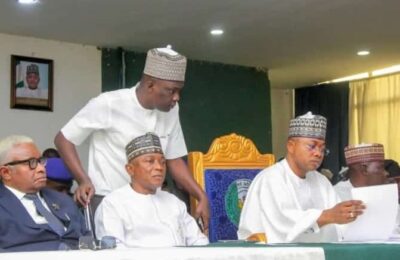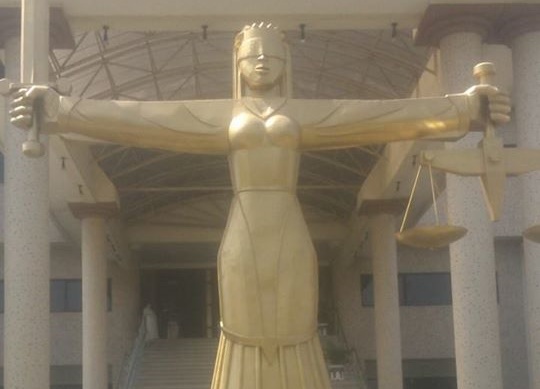The dichotomy between wants and needs cannot be easily detachable particularly considering its significant role in the Nigeria polity today.
According to the great economist Adams Smith, every human being have basic needs to meet on daily basis. He further viewed human being as an economic man who never needs but just wants. This simply suggests that our wants are insatiable because they are sine qua non to our continuous existence on the planet – earth. As such, human challenge springs from inability to identify what the discrepancy between wants and needs are.
Until there is a striking balance between human wants and needs, the situation may never be different from what a bird goes through when it perches on a rope.
Today, Kogites are in the gridlock of the blue moon and the sea because of our inability to create this balance. This balance is essential if we truly crave for a better and free Kogi.
Having followed the incessant trends in Kogi for quite number of years back, it is quite beyond doubt to say that the political narratives are changing and people have begun to be fully active in the selection of who they want to pilot the affairs of the state.
Averagely, most Kogites say they want a better leadership. They also want good roads, health facility, constant electricity supply, affordable homes, security, quality education and great human capital, which can drive the change we want.
Yes! These desires are needed particularly in the time where human capital is what should be mostly prioritised by any responsible government. But can we really say these desires are always acted upon by the government as time goes by.
Based on this backdrop, there is need to fully decipher the dichotomy between what the Kogites wants and what they actually needs in terms of development. Most of the time, the leaders who ought to know better end up misprioritising the concepts by embarking on projects that have little or no influence on the lives of the people at large.
For instance, when a government piloting the affairs of the ruralites engages in project that is more urban-centred than it is to the local, hence, such project is an adventurous miscarriage that will never be appreciated by the people. Thus, we must begin to carryout proper scrutiny on the economic concepts of wants and needs, and using such knowledge to make things better for us.
The father of modern economics, Adam Smith, had postulated most economics issues can only be resolved by invisible hand. This invisible hand, the market force, manifests when buyers and sellers negotiate prices and seek their own self-interests. Through this, consumers do have a power of a choice of rewarding great producers by buying their goods or chasing away unreasonable others. Unreasonable or tactless producers learn their lessons when they are forced out of market.
With the interplay of market forces and at the point where consumers properly understand what the difference between a want and need means, the consumers (electorate) do know their active involvement in negotiating their interest will bring them health, happiness and well-being.
The people at this junction also know if they become docile in the operations of the market forces in a free market of democracy, their needs may become wants.
In democracy, it has been said minority (producers) will have their say and majority (electorates) will have their way. In the case of Nigeria, and possibly in other developing countries, the minority (people in power or unreasonable producers) had learned the act of manipulation so well the buyers do not realise they should be active players in the market forces of democracy.
The buyers had remained docile and weak. They lack information or had refused to create a balance between what they think is just a desire and a need. The electorates continue to wish for a better day, year in year out. While opportunity presents itself every four years, in the case of Nigeria, electorates continue to sleepwalk and hope their desire will be met one day.
Kogi’s electorate do not realise they have the power of choice and right to demand accountability from their elected officials. Kogites will rather argue and fight over irrelevant issues. Our unreasonable producers of goods (government and elected officials) who continually draw from our common resources had perfected their acts and arts.
They give us something to engage ourselves with while they continue to populate and pollute the market space with bad products. We keep buying the substandard products either in error or intentionally. We never learn our lessons nor refuse to accept bad products.
Indeed! This has really bedeviled the fabrics of our political system as what ought to be obtainable is now what is rejected.
To this end, we must begin to provide accurate answers to some of the following questions: What do we really need from the new government coming on board? Do we have voters’ card to decide what become our fate in the 16 November gubernatorial election in Kogi? Have we make an informed choice of voting individuals presented to us by the party? Should we allow the individual’s agenda decide the fate of our dear state? These are the ways we can only translate our wants into needs if we must make the things really work out as events unfold.
– Arogbonlo Israel, Lagos.
gemid931@gmail.com




